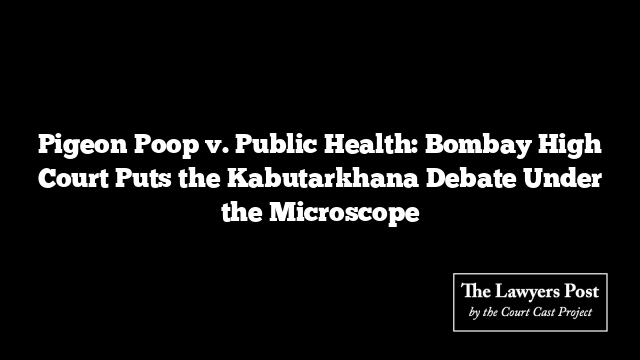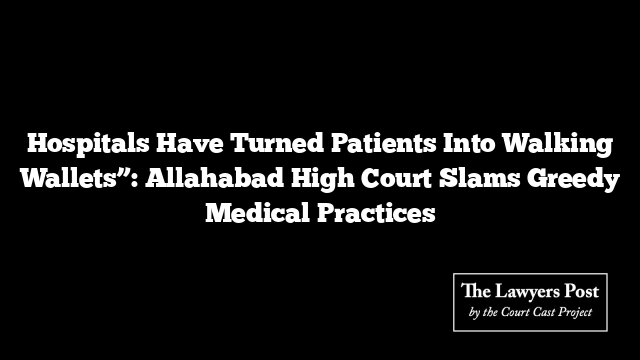In the middle of Mumbai’s noise, smog, and daily pigeon-feeding rituals, a curious courtroom debate is unfolding — one that weighs bird love against bronchial health.
The Bombay High Court has called in medical reinforcements. A bench comprising Justices GS Kulkarni and Arif S Doctor has roped in Dr. Sujeet Rajan, a well-known city pulmonologist, to give his expert take on the health impact of pigeon droppings and feathers gathering in the city’s Kabutarkhanas — the designated pigeon feeding zones that are now at the center of a legal storm.
At the heart of this case are two petitions filed by animal rights activists challenging the Brihanmumbai Municipal Corporation’s (BMC) decision to dismantle these public pigeon pit stops. Their demand: let the citizens feed pigeons in peace.
But the Court is drawing a firm line in the sand — or rather, in the droppings. “There can’t be anything more vital than human health,” the judges wrote. If modern research shows a connection between pigeon congregations and serious health hazards, the Court questioned whether the BMC’s move to shut them down could really be seen as unlawful.
The health concerns aren’t speculative. The BMC submitted a medical affidavit from Dr. Amita Athavale, Head of Pulmonary Medicine at KEM Hospital, linking long-term exposure to pigeon-related bio-waste to respiratory illnesses like asthma, hypersensitivity pneumonitis, and interstitial lung disease. One intervener even cited the death of a Senior Advocate, allegedly from prolonged pigeon exposure, as a stark warning.
While the Court denied interim relief to the petitioners in the previous hearing, it did ask the BMC to file a full reply, which now forms part of the medical dossier handed to Dr. Rajan for review. He has 10 days to submit his findings.
The Animal Welfare Board of India, also named in the case, has asked to file suggestions on how to protect the pigeons without compromising public health. The Court agreed and emphasized that the matter should not spiral into an adversarial standoff, but should be approached through the lens of collective well-being.
In a gesture of humane caution, the judges continued their previous direction banning the use of firecrackers by municipal workers to disperse birds — a practice apparently employed at some sites.
The next hearing is scheduled for August 7, when the Court will revisit the debate — with a pulmonologist’s report in hand and the city’s pigeons, and its people, hanging in the balance.





